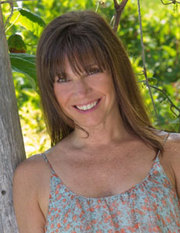 I had the privilege of speaking with Kristin Canty, the producer and director of Farmageddon, a documentary about our right as Americans to fresh foods and the small family farms that were shut down by state and local governments for providing such foods as raw milk. View part one of our interview below. Our first topics of discussion: inspiration, documentary funding, marketing, and social media. M: Where did your passion for creating this film stem from? K: The inspiration came when I finally started to be more open about giving my son raw milk for his allergies. I had kept it a secret for about 10 years. I finally started being more open and invited Sally Fallon Morell here to my house to talk about raw milk safety. While she was speaking about raw milk safety, she also spoke about these raids that were occurring on farms, co-ops and food buying clubs quite like that ones I belonged to, in order to secure a raw milk source for my son. That was really my inspiration, was meeting these people from the Farm to Consumer Legal Defense Fund who were helping to defend these farmers and co-op owners who had been raided. M: How did you raise the funds for your film? What are your thoughts on crowd-funding platforms like Kickstarter or Indiegogo? K: I did try to write grants and I did have the Farmer to Consumer Legal Defense Fund along with other farming organizations that were very interested in my project that were maybe going to fund it. However, they wanted editorial control and I also had to wait so long for them to approve things. Some of them only had quarterly meetings, others only had meetings every 6 months and I had to wait for these meetings to occur to get approval. Indie go-go and kick starter weren’t really a thing yet when I was doing it but I do think that is the best idea. I think that, and correct me if I’m wrong, a lot of documentary makers have told me that the first rule of thumb when you make a documentary is don’t use your own money and I had not followed that rule. So my advice is yes, use kick starter or any one of the crowd sourcing avenues out there and there are a lot of them out there now. M: Did you have a strict marketing plan for the film? When did you start thinking of marketing in the process of production? K: I would always be networking and handing out cards. I would be telling people about it and I was on Twitter and Facebook with it from the start, tweeting about what I was doing. So, I was gaining some momentum and excitement during the whole filming process. I didn’t start marketing it until the film was all wrapped up. But I did go through regular means of marketing; I did place ads in the New York Times and LA Times and I did have good PR people in the bigger cities while I was traveling. But I would always use social media like I said Twitter, FaceBook, I also used LinkedIn a little bit to market it and it was really helpful. On my FaceBook page it seems that every time I make a post about a farmer that has been raided or any farm news that people find interesting, they share it and then I get more likes. I’m hoping that anyone that ends up at my pages finds out about farms that have been raided and hopefully buys the film and watches it. M: You have a really large fan base-lots of engagement, shares and comments. You are posting a lot of related articles, not all necessarily about your film but about anything that relates to your film. Do you have a strategy as far as the content you put up? K: Yes, a few bloggers have access to the page also, bloggers that really care about the subject, where they’ll post their own articles because they are also writing about the subject or about the raids or anything unfair to our American farmers. But basically that’s what I look for to post, I look for good news too. So 'Farmaggedon' could be pretty dark but yes, anything about the raids or anything bad that’s happening to the farmers. I do have to post to try and raise awareness but I do try to find anything positive to get that out there. Also, if there are any bills in any state or federally that could either help or hurt farmers, I try to get that out. Also to get anybody that wants to be an activist in that state to try and get them involved. So, you’re right the social media pages aren’t really just about hoping that people watch the movie although I hope that they do, it’s also about trying to get more people involved. I’m trying to create momentum and pressure so that all of the raids on farmers stop and the unfair laws against farmers stop, which is my biggest goal. M: One of the golden questions I think a lot of filmmakers would want to know is how you gained over 30,000 likes on Facebook. What advice can you give in terms of gaining the likes, engagement and such a large fan base? K: Yes, well first of all it did take me a long time; it’s been about 3 years now. Something that I wouldn’t want people to follow in my footsteps is that I did start too early with the marketing, I started right away. At the very beginning when it was being released, I did have people with high amounts of likes on their pages, who were very social media savvy, help me build it up. Other than having help with these savvy social media friends I learned from Allen at Passion River that if you try your hardest to share interesting content and if others find it interesting they share it which gets you more likes. I know that if I share something people find interesting, from 5,000 views I can get about 200 likes and it makes a difference. M: Before you mentioned that you had hired a PR company, did you start with that and then eventually work on social media yourself? K: The social media aspect of marketing is very hard, you have to find the content and then share it and it does take a lot of time. My PR people were for there for marketing the movie as far as getting interviews, getting articles, mostly anything that helped get people into the theater to watch the movie. It is so hard to actually get people to watch a movie, it’s very hard to get them into the theater even when it is a DVD it is hard to get people to watch the whole movie. So, you have to find ways to make people interested to get them to see it. Once people do see my movie, many of them write to me and say even though they may not like drinking raw milk, they are upset that their tax dollars are going towards raiding these farmers. The best case scenario I can hope for is that they do their best to shop at farmer’s markets and that they’ve met their farmer and that they have completely changed what they eat because of my film, that they want to opt out of the industrial system to prove a point. M: Would you recommend that filmmakers hire a marketing firm to get the word out? K: Absolutely. I had a low budget since I paid for it myself; I would recommend getting social media help and not doing it all yourself. Like Allen taught me, the more you post the more you are going to get the word out there. If you are doing it by yourself, once or twice a day, in order to make a difference you have to spend a lot of time. There are so many different avenues that everyone should get involved in like Facebook and Twitter, but in order to make a difference you need to be posting more often. Google +, Instagram and Pinterest are easy to spend your whole day working on them. If you do have the budget for it, or if you have someone that would be willing to help you out, I highly recommend doing that. There will be more success if you hire out for that, having more consistent posts and having more content. M: Another question we run into is, can an army of interns do what a paid marketing agency can do? I think people under estimate how much work it can take to maintain social media. K: Absolutely. Especially having an intern that is in college right now, they have grown up with social media. So yes, they are used to it, they know the ropes and it wouldn’t be hard to train them except for your specific cause. So yes I think that is a great idea, hiring interns or even a smart savvy high school student, if you give them content and over see it. I think that is a great idea. I am on Google + and it will take me some time to learn that, some people won’t use Facebook but love Instagram and Pinterest. You need to make sure you reach those audiences and do a good job with those social mediums. for more information on our distribution services, contact us.Comments are closed.
|
|

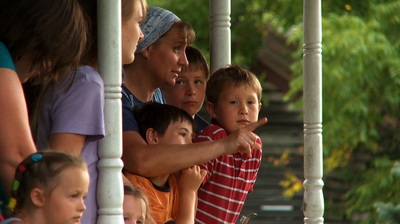
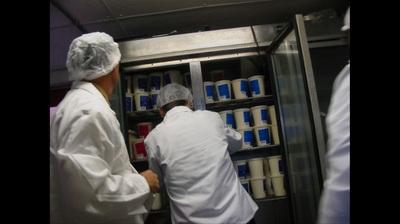
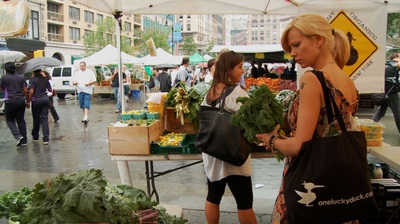
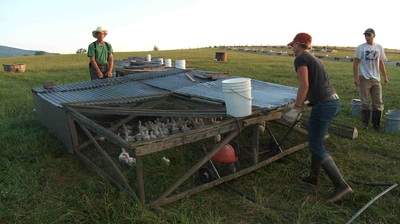
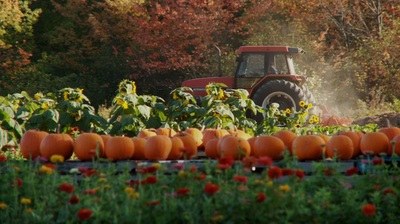
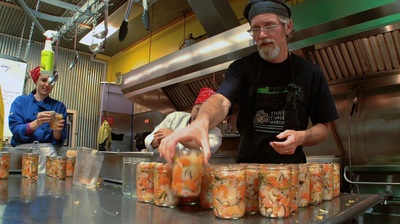
 RSS Feed
RSS Feed